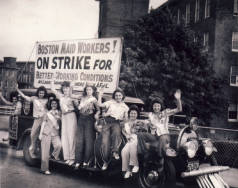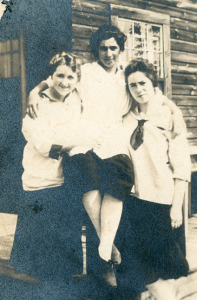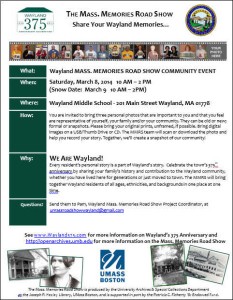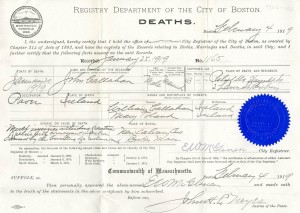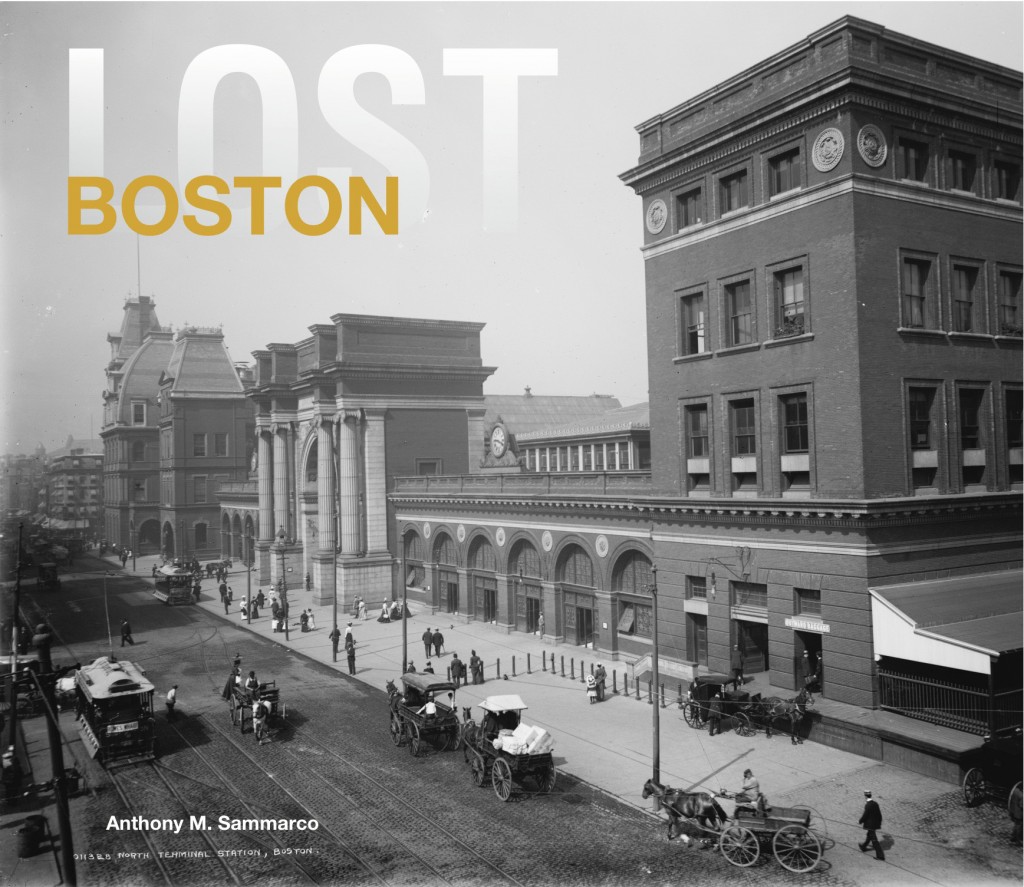 With Lost Boston, historian and UMass Boston alumnus Anthony M. Sammarco ’79 takes readers on a nostalgic journey back in time to visit some of Boston’s disappeared buildings and places in all their grandeur, before the wrecking ball and decline set in. For information about upcoming book talks featuring Sammarco, click here.
With Lost Boston, historian and UMass Boston alumnus Anthony M. Sammarco ’79 takes readers on a nostalgic journey back in time to visit some of Boston’s disappeared buildings and places in all their grandeur, before the wrecking ball and decline set in. For information about upcoming book talks featuring Sammarco, click here.
From the 1870s up to the present day, 68 different losses are represented in Lost Boston, including schools, churches, theaters, grand mansions, dockyards, racetracks, parks, stores, hotels, offices, and factories. Organized chronologically starting with the earliest losses and ending with the latest, Lost Boston features much-loved institutions that failed to stand the test of time, along with old-fashioned hotels and sports facilities that were beyond updating or refurbishment. Losses explored include Franklin Place, Boston City Hall, Cathedral of the Holy Cross, Hancock House, Gleason’s Publishing Hall, Fort Hill, Franklin Street, Boston Coliseum, Boylston Market, Merchants Exchange, Haymarket Square, Boston Public Library, Horticultural Hall, Boston Museum of Fine Arts, Revere House (Hotel), Huntington Avenue Grounds, Charlestown City Hall, Molasses Tank, Cyclorama, Readville Trotting Park and Race Track, East Boston Airport, Boston Latin School, East Boston Ferries, Braves Field, Massachusetts State Prison, Boston Opera House, Boston Aquarium, The Howard Athenaeum, and Dudley Street Station.
Well known locally for his community service in disseminating local history, Anthony M. Sammarco has donated his archives to University Archives & Special Collections in the Healey Library at UMass Boston. Sammarco intends to donate a copy of Lost Boston, along with his research materials and photographs, to University Archives & Special Collections.
For information about upcoming book talks featuring Sammarco, click here. Books will be available for purchase for $18.95 at these events and will be signed by the author.
